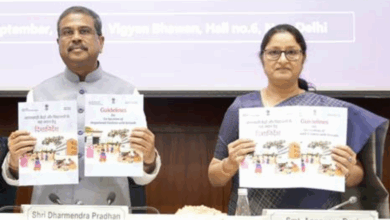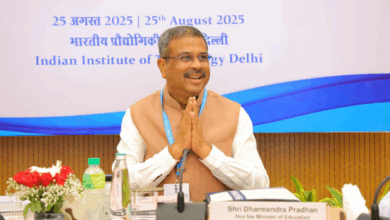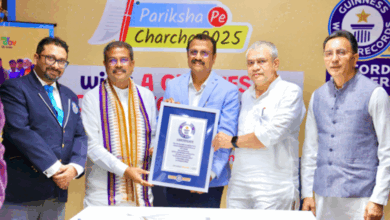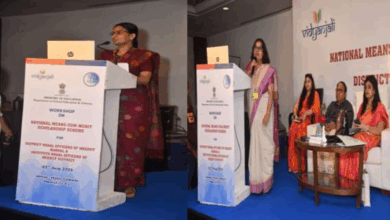Cabinet approves Continuation/Revisions/Modifications of Centrally Sponsored National Scheme for PM POSHAN in Schools for five more years
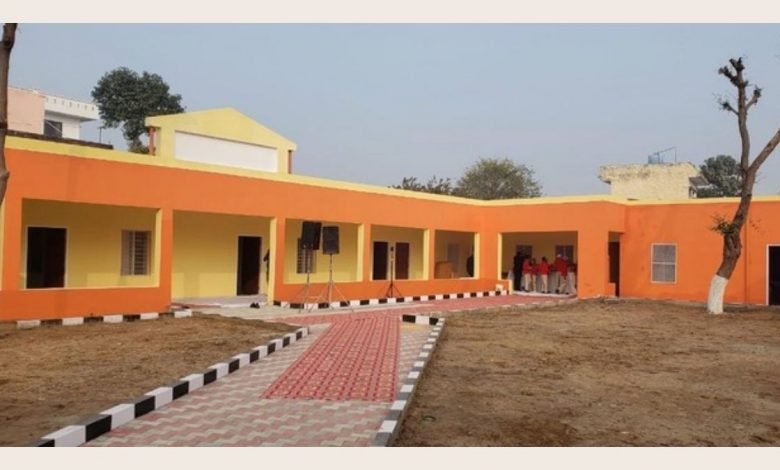
11.80 crore children studying in 11.20 lakh schools covered
The Cabinet Committee on Economic Affairs (CCEA), chaired by the Hon’ble Prime Minister has approved the continuation of the ‘National Scheme for PM POSHAN in Schools’ for the five year period 2021-22 to 2025-26 with the financial outlay of ₹ 54061.73 crores from the Central Government and ₹ 31,733.17 crores from State Governments & UT administrations. Central Government will also bear the additional cost of about ₹ 45,000 crores on foodgrains. Therefore, the total scheme budget will amount to ₹ 1,30,794.90 crore.
Today the CCEA cleared the PM POSHAN Scheme for providing one hot cooked meal in Government and Government-aided schools from 2021-22 to 2025-26. This is a Centrally-Sponsored Scheme which covers all school children studying in Classes I-VIII of Government, Government-Aided Schools. The earlier name of the scheme was ‘National Scheme for Mid Day Meal in Schools’ popularly known as Mid Day Meal Scheme.
The scheme covers about 11.80 crore children studying in 11.20 lakh schools across the country. During 2020-21, the Government of India invested more than ₹ 24,400 crores in the scheme, including a cost of about ₹ 11,500 crores on foodgrains.
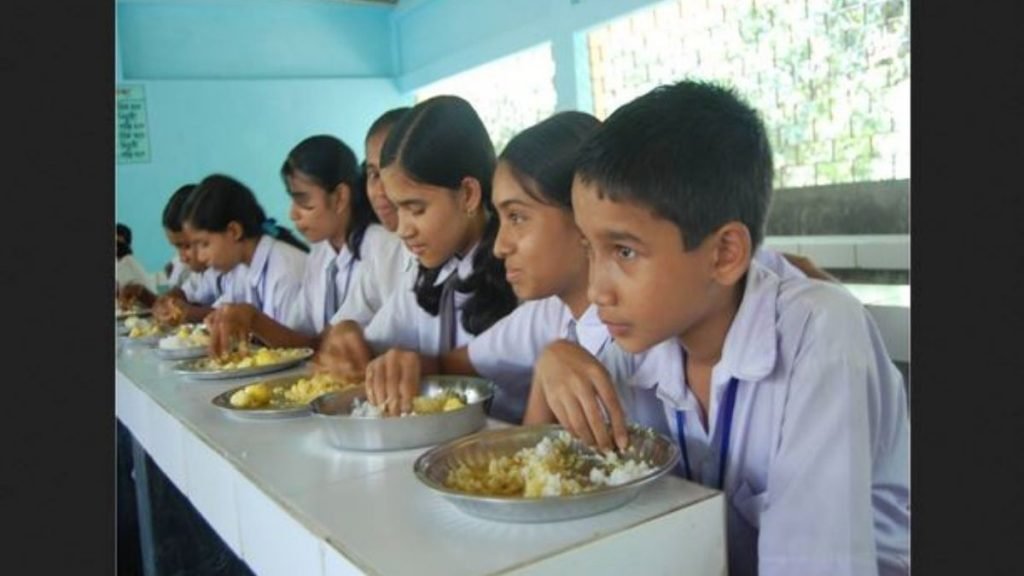
Highlights of the decision that would improve the efficiency and effectiveness of the scheme are as below:
i.)The scheme is proposed to be extended to students studying in pre-primary or Bal Vatikas of Government and Government-aided primary schools in addition to all the 11.80 crore children from elementary classes.
ii.) The concept of TithiBhojan will be encouraged extensively. Tithi Bhojan is a community participation program in which people provide special food to children on special occasions/festivals.
iii.) Government is promoting the development of School Nutrition Gardens in schools to give children first-hand experience with nature and gardening. The harvest of these gardens is used in the scheme providing additional micronutrients. School Nutrition Gardens have already been developed in more than 3 lakh schools.
iv.) Social Audit of the scheme is made mandatory in all the districts.
v.) Special provision is made for providing supplementary nutrition items to children in aspirational districts and districts with a high prevalence of Anemia.
vi.) Cooking competitions will be encouraged at all levels right from village level to national level to promote ethnic cuisine and innovative menus based on locally available ingredients and vegetables.
vii.) Vocal for Local for Atmanirbhar Bharat: Involvement of Farmers Producer Organizations (FPO) and Women Self Help Groups in implementation of the scheme will be encouraged. Use of locally grown traditional food items for a fillip to local economic growth will be encouraged.
viii.) Field visits for progress monitoring and inspections will be facilitated for students of eminent Universities / Institutions and also trainee teachers of Regional Institutes of Educations (RIE) and District Institutes of Education and Training (DIET).




